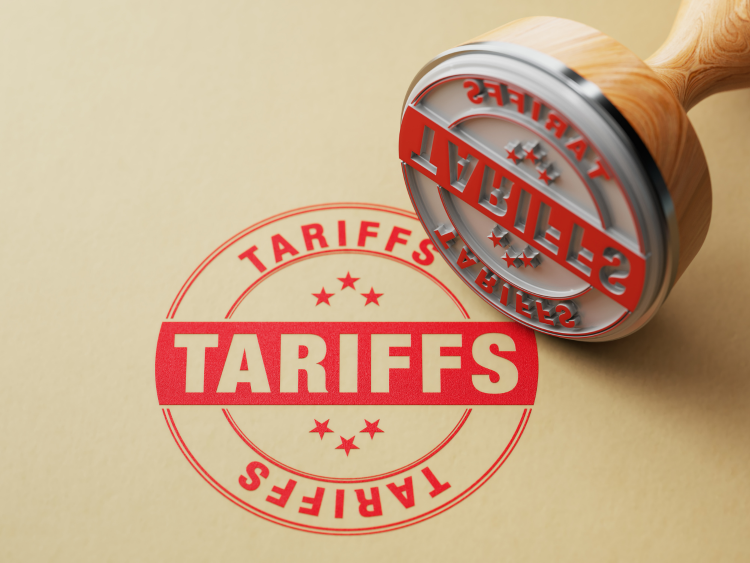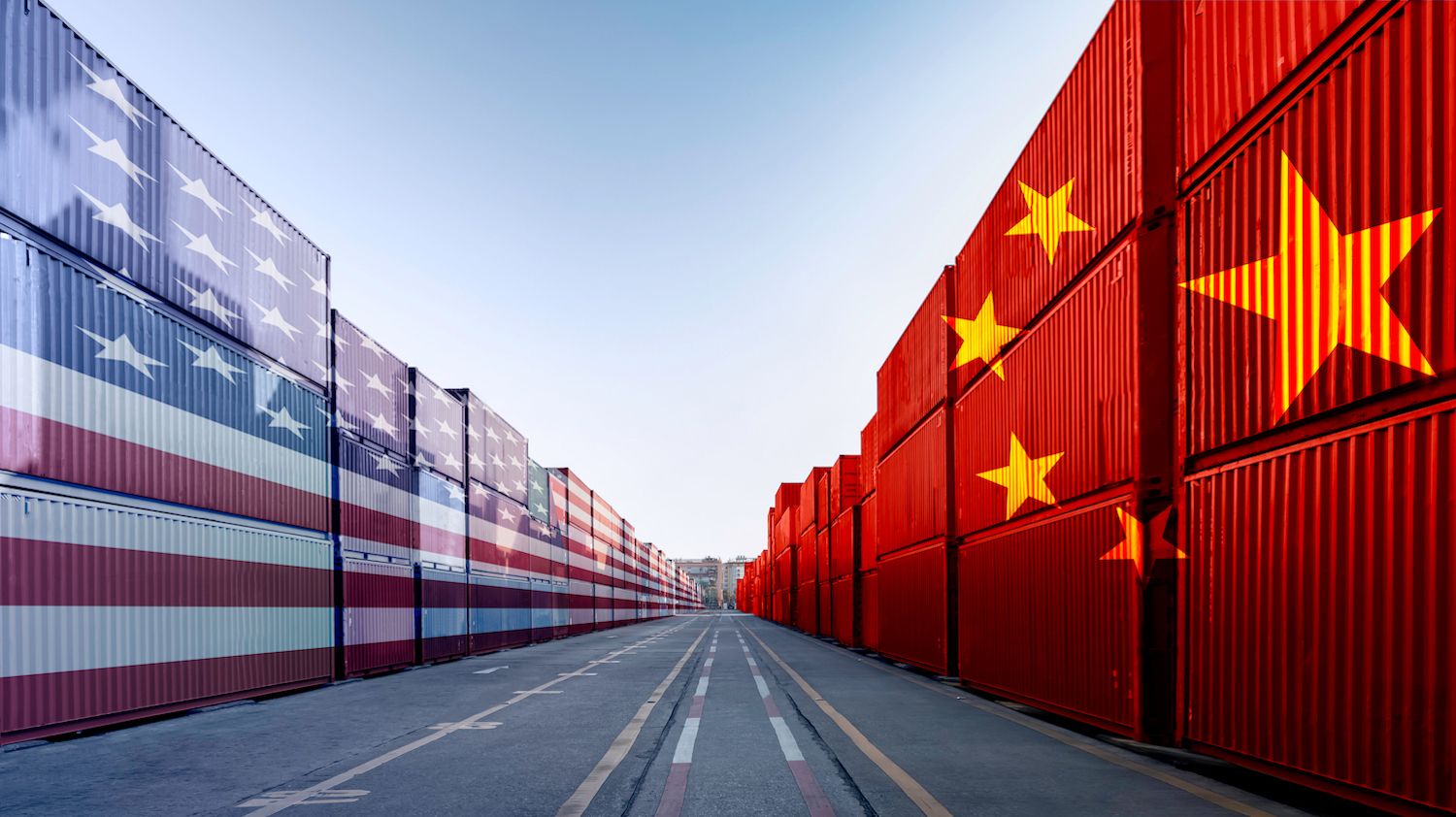
The Tariff: An Essential Economic Tool Shaping Global
Trade
What is a Tariff?
A tariff is a tax imposed by a government on imported or exported goods. It
is primarily used to regulate international trade by either encouraging
domestic production or generating revenue for the government. Tariffs can be
applied as a fixed percentage of the product’s value (ad valorem) or as a
specific charge per unit (specific tariff).
Tariffs are classified into different types based on their purpose:
- Protective Tariffs: Designed to shield domestic industries from
foreign competition.
- Revenue Tariffs: Imposed primarily to generate government revenue.
- Anti-Dumping Tariffs: Levied on foreign
products sold below fair market value to protect domestic industries.
- Retaliatory Tariffs: Imposed in
response to unfair trade practices by other countries.
- Environmental Tariffs: Used to discourage
the import of goods that have a high environmental impact.
Importance of Tariffs for
Countries
Tariffs play a crucial role in a country's economy for several reasons:
1. Revenue Generation
Governments, particularly in developing countries, use tariffs as a major
source of revenue. Import duties contribute significantly to the national
budget, funding infrastructure, healthcare, and public services.
2. Protection of Domestic
Industries
Tariffs safeguard local businesses from foreign competition by making
imported goods more expensive. This promotes the growth of domestic industries
and encourages self-sufficiency.
3. Trade Balance Control
By imposing tariffs, governments can regulate the balance of trade by
reducing imports and promoting local production, thereby addressing trade
deficits.
4. Employment Growth
Higher tariffs on imports encourage domestic production, leading to job
creation across various industries, such as manufacturing and agriculture.
5. National Security
Certain industries, such as defense and energy, are crucial for national
security. Tariffs help protect these sectors from excessive reliance on foreign
imports.
6. Encouraging Local
Innovation
By reducing dependency on foreign goods, tariffs can drive domestic
companies to invest in research and development, leading to technological
advancements and industrial growth.
7. Stabilizing Prices
Tariffs can help stabilize domestic markets by controlling the influx of
cheap foreign goods, preventing price fluctuations that may harm local
businesses.
Latest Trends in Tariffs
Global trade dynamics are constantly evolving, and tariffs have become a
strategic tool in economic policies. Some key trends include:
- Shift Toward Digital Tariffs: Many countries are
exploring tariffs on digital services and e-commerce platforms to ensure
fair taxation in the digital economy.
- Green Tariffs: Governments are implementing environmental tariffs
to promote sustainable and eco-friendly products and discourage
carbon-intensive imports.
- Regional Trade Agreements: Free trade
agreements (FTAs) are reshaping tariff structures by eliminating or
reducing duties within member countries.
- Retaliatory Tariffs: Trade disputes
have led to retaliatory tariffs, disrupting supply chains and affecting
global trade flows.
- Tariffs on Critical Minerals: With the rise of
electric vehicles and renewable energy, countries are imposing tariffs on
strategic minerals like lithium and cobalt to secure domestic supply
chains.
The Tariff War: Economic
Implications
A tariff war occurs when countries impose tit-for-tat tariffs on each
other's goods, leading to trade disruptions. The most notable example is the
U.S.-China trade war, which resulted in:
- Increased Costs for Consumers: Higher import
tariffs raise prices on goods, affecting affordability and purchasing
power.
- Supply Chain Disruptions: Businesses relying
on global supply chains face increased production costs and delays.
- Market Volatility: Stock markets often react negatively to tariff
escalations, impacting investor confidence.
- Shifts in Trade Alliances: Countries affected
by tariffs seek alternative trading partners, altering global trade
networks.
- Impact on Small Businesses: Smaller firms
often struggle to absorb higher costs associated with tariffs, reducing
their competitiveness.
Future of Tariffs in
Global Trade
Looking ahead, tariffs will continue to be a significant tool in global
trade. Some anticipated developments include:
- Increased Focus on Fair Trade: Countries are
likely to implement tariffs to prevent unfair trade practices such as
dumping and currency manipulation.
- Greater Use of AI in Trade Regulations: Governments may use AI-driven analytics to optimize tariff policies
and detect trade violations.
- Strengthening of Bilateral Trade Relations: As tariff wars intensify, nations may seek bilateral agreements to
secure trade stability.
Conclusion
Tariffs are a double-edged sword—they can protect domestic industries and
generate revenue but may also lead to higher consumer prices and trade
conflicts. As the global economy evolves, businesses and policymakers must
navigate tariff regulations strategically to maximize benefits and minimize
disruptions.
Stay Informed on Trade Policies!
Trending Posts

Global Silver Nanoparticles Market
The global silver nanoparticles market was valued at $2.08 billion in 2020, and is projected to reach $4.1 billion by 2027, growing at a CAGR of ~17%

The Basic Pension Comes - Federal Cabinet Decides On the Pension Supplement
Financial security in old age is an issue that is causing stomach pains for more and more people in Germany. Low-wage earners fear the elderly. The ba

The Future of Artificial Intelligence
In recent years, the field of artificial intelligence (AI) has witnessed unprecedented growth and transformative advancements. As AI technologies

"LNG Bunkering" Here is something you must know!
In the current scenario of growing pollution, companies are trying to adapt more and more sustainable approach that not only gives eco-friendly result

Sailing into the future with Autonomous Ships
Autonomous Vehicles (AVs) are the uproar of this era. After airways, thanks to the companies like Tesla, that people are now getting used to see drive

Rising Demand For Uninterrupted Power Supply Is Expected To Drive The Power Rental Market
Todays world is totally reliant on electric power. There are many things which are not manageable without electricity. Power rental is a concept where

Rapidly growing IT industry coupled with the trend of bringing your own device (BYOD) is expected to provide new opportunities for growth of Cloud Collaboration
Cloud collaboration is the process of sharing and co-authoring the computer-based work through cloud technology

Fact check on UV Disinfection for COVID-19
Many regulatory authorities and bodies believe that UV disinfection technologies can play a role in a multiple barrier approach to reducing the transm

Vaccination: Vaccination Against Measles is Now Mandatory in Germany
The subject of compulsory vaccination has always heated peoples minds and caused emotionally charged discussions. The latest law in this area - the ob

The Global Ventilator Market Grows at a CAGR of 7.75 %
The Global Ventilator Market, which was at $688 million in the year 2016, is about to double by the year 2025, and reach a value of $1,347 million. Th
Recent Posts

Gold at Historic Highs in 2025: Strategic Implications of a Flight to Safety
Gold has reached unprecedented valuation levels in 2025, crossing $3,175 per ounce globally and nearing ₹94,000 per 10 grams in India—a 23% increase year-to-date

The Escalating U.S.-China Trade War: Strategic Implications for the Global Economy in 2025
In 2025, the U.S.-China trade war has reached an inflection point, introducing heightened complexity and volatility into the global economic system.

The Global Buy Now Pay Later (BNPL) Market: Growth and Opportunities
The global Buy Now Pay Later (BNPL) market has emerged as a revolutionary financial solution, transforming how consumers approach shopping and payments. Offering flexibility and convenience, BNPL allows consumers to make purchases and pay.

Global Motorhome Market: Growth and Forecast
The motorhome market has gained significant momentum over the past decade, driven by rising interest in outdoor tourism, evolving consumer lifestyles, and advancements in vehicle design and technology. As a preferred option for travelers seeking.

The Global Poppy Seed Market: Growth and Trends
Poppy seeds, derived from the opium poppy plant (Papaver somniferum), have been a vital component in global culinary, pharmaceutical, and personal care industries for centuries. The global poppy seed market is gaining traction due to its versatility.

Global Plant Breeding and CRISPR Plants Market
The global food industry is facing immense pressure due to rising population levels, diminishing arable land, and the impact of climate change. Innovations in plant breeding, particularly the use of CRISPR technology, are reshaping the agricultural .

Global Pheromones Market – Trends, Opportunities, and Forecast
The global pheromones market has witnessed significant growth, primarily driven by the rising demand for eco-friendly pest control solutions in agriculture. Pheromones, natural chemicals emitted by insects and other organisms to communicate.

The Role of Technology in Oil and Gas Risk Management
In an industry as dynamic and complex as oil and gas, risk management is crucial for ensuring operational efficiency, regulatory compliance, and safety. Risk management software has become an indispensable tool for companies in this sector.

Global Smart Grid Sensors Market
The global energy landscape is undergoing a significant transformation, with smart grid technologies at the forefront. Smart grid sensors, a critical component of modern energy grids, enable efficient monitoring, energy distribution.

Global Photovoltaic Glass Market Research Report
The global photovoltaic (PV) glass market is experiencing unprecedented growth, driven by the accelerating shift towards renewable energy and the integration of sustainable materials in construction. This report delves into the market’s key growth.
.png)